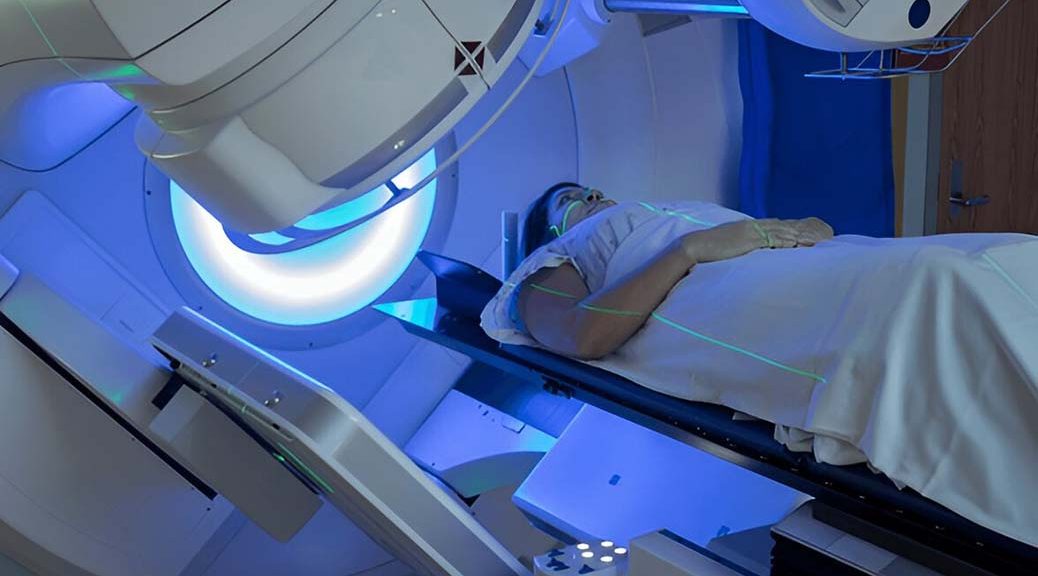
Radiation Therapy for Cancer in Kolkata: How it Works
Radiation therapy, or radiotherapy, is a frequent cancer treatment that destroys cancer cells with radiation. Radiation therapy may be administered alone or combined with other types of
therapy like surgery or chemotherapy. At ILS Hospitals in Kolkata, we have India’s top radiation oncologists. Radiation oncologists are doctors who specialize in radiation therapy. They also design a radiation therapy plan with a dosage of radiation that would destroy
cancer cells while leaving surrounding healthy tissue intact.
Why does radiation therapy work?
Radiation therapy kills cancer cells, shrinks tumors, and soothes cancer symptoms. It may be the only treatment, or it may be combined with:
- Shrink tumors first, before other cancer treatments, such as surgery (neoadjuvant therapy).
- Destroy any leftover cancer cells after surgery using adjuvant therapy.
- Destroy recurring cancer cells that reappear following earlier treatments.
- Radiation is also used to kill benign (noncancerous) tumors, which produce symptoms.
Procedure Details
Before starting internal radiation therapy, patients might be required to undergo a physical exam and imaging. External beam radiation treatment (EBRT) requires simulation or planning. Simulation is a treatment planning phase that enables patients to modify their treatment. Simulation involves getting into position and looking. Simulation enables radiation oncologists to compute patients’ dose of radiation and how they will be treated.
During treatment, internal radiation therapy is usually done in a special outpatient treatment room or hospital. The systemic approach of internal radiation therapy is when radioactive fluid is given through an IV. With EBRT, patients are on a table in the same position they were when they were simulated. As the tumor moves around, the system provides accurate dosages of radiation to it. During the therapy, patients won’t feel anything.
After treatment, internal radiation therapy generally permits patients to go home the same day after a short recovery time. Patients might need to remain in the hospital when their body eliminates tiny amounts of radiation. After systemic (IV) radiation therapy, patients can secrete tiny amounts of radiation through body fluids like sweat, urine, and blood.
If you undergo IV or permanent internal radiation therapy, you have a low chance of exposing other people to radiation.
Radiation therapy remains a significant part of cancer treatment, and it offers hope to patients globally. As much as it might offer challenges, the advantages of managing or eliminating cancer are worth it. Advances in research and technology are enhancing radiation therapy, and it is becoming even more precise and effective. Radiation therapy offers not just treatment to many patients diagnosed with cancer but also the potential to lead a longer and healthier life.










